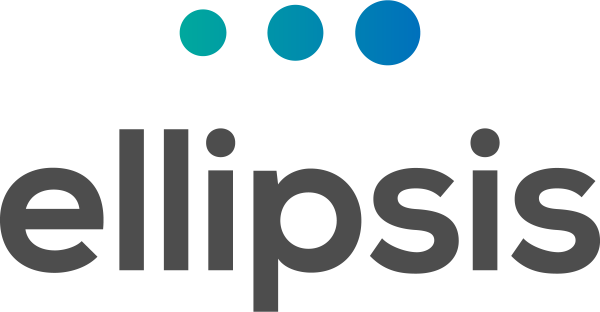Workforce Opportunity & Equity
The public workforce development system does much to connect America's unemployed and underemployed with gainful employment through America’s Job Centers, community colleges, and various career and technical education programs. Unfortunately, skills alone aren't the only barrier to employment. Hiring biases in America have been well-documented:
Research suggests Black job applicants are half as likely as equally qualified whites to receive a callback or job offer. Black and Latino applicants typically fare no better than white felons.
A 2014 study found that with no information about the candidates aside from appearance, managers (regardless of sex) were twice as likely to hire a man over a woman.
Degree inflation - the practice of employers requiring a college degree for jobs in which current workers largely do not possess a degree - steadily increased over the last two decades.
Nonetheless, historic investments in the Inflation Reduction Act and CHIPS and Science Act offer new opportunities to create more equitable pathways into the middle class. We work with lawmakers to shape these and parallel efforts through the Workforce Innovation and Opportunity Act and National Apprenticeship Act. We also work directly with federal agencies, workforce development programs, unions, small businesses, and Fortune 500 employers to develop sector partnerships, apprenticeships, alternative career pathways, and work-based learning opportunities that help skilled workers overcome the structural biases they face in the labor market.


